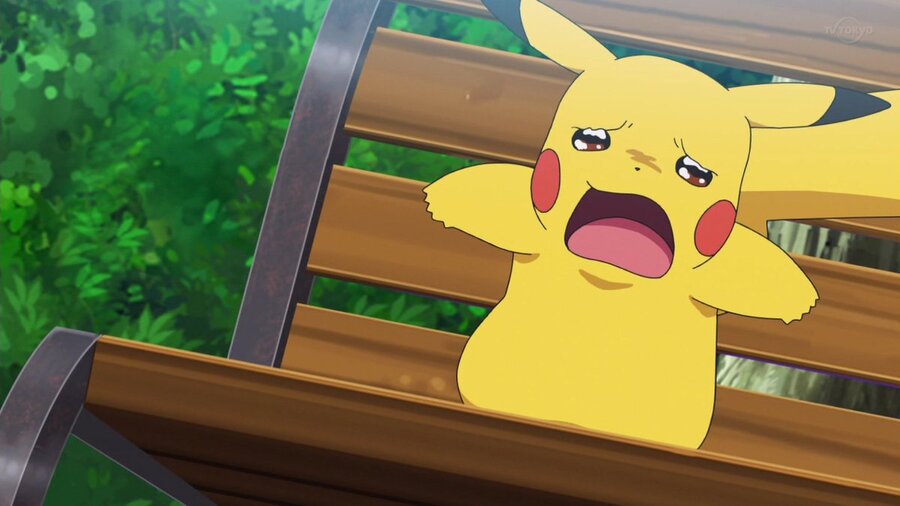
Pokémon is a global phenomenon, and its characters are instantly recognisable to millions of people worldwide. However, back in 1997, the series was still exclusive to its native Japan and hadn't yet achieved the astonishing fame that would come with the release of Pokémon Red and Blue in the west.
Around this time, an episode of the tie-in animated cartoon show made more than 600 children convulse and vomit when it was broadcast in Japan on December 16th, 1997. The episode – entitled 'Electric Soldier Porygon' – featured a flashing red background, which caused the children to suffer from seizures, vomiting and other symptoms.
While this is a well-known event for most fans of the franchise, it's nonetheless fascinating to see how the BBC reported on it:
Yes, you heard that correctly - he did say 'Pak-oo-cho'.
Of course, the BBC could be somewhat forgiven for fumbling the naming of Pokémon's most famous character; the series hadn't been localised in English at that point and was still referred to as Pocket Monsters, its Japanese name.
Speaking to Nintendo Life, former CVG editor Paul Davies reveals how his magazine covered the Japanese release at a time when even Nintendo's UK office was unaware of its importance:
No word of a lie, I had to explain to my Nintendo UK friends about why Pokémon was so cool, what it was all about, and the ways in which we could write about it in the magazine. For them, several months away from the US launch, Pokémon was probably just another name on a list of titles with a certain amount of allocated budget. I probably seemed a bit crazy.
It seems the BBC wasn't the only outlet caught off-guard by the popularity of Pocket Monsters back in 1997.
[source twitter.com]






Comments 0
Wow, no comments yet... why not be the first?
Leave A Comment
Hold on there, you need to login to post a comment...